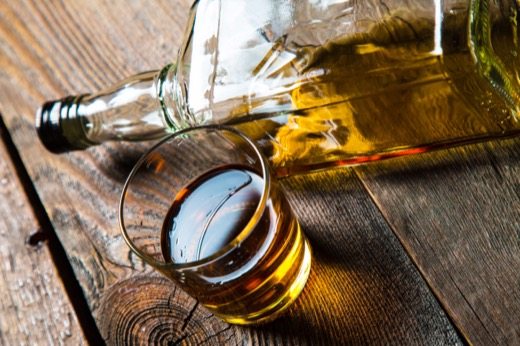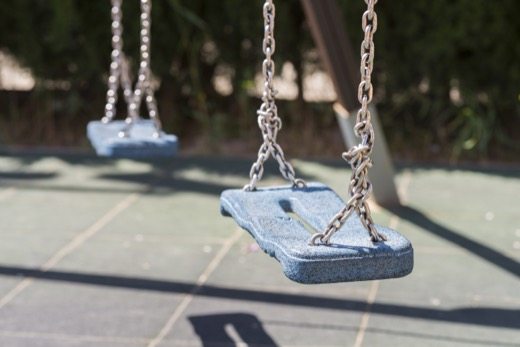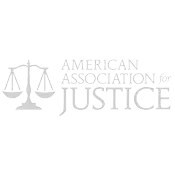Bar Fight in Florida: Who’s Liable When You Get Hurt?
There are more than 3,000 bars and nightclubs in Florida, catering to locals and tourists and serving up alcohol along with food. In an industry that mixes lots of people and booze there’s bound to be disagreements, brawls and battles between customers or between employees and customers.
Fights in bars and nightclubs can be frightening and dangerous not only to the people directly involved in the brawl but also to other patrons and bystanders. A bar doing brisk business on a busy weekend night can be filled with hundreds of customers, all of them possibly exposed to injury from flying glassware or overturned furniture or floors slippery from spilled drink.
What happens when you’re injured during a bar fight? Does it matter whether you were consuming alcohol? Does it make a difference whether you were directly involved in the battle or merely a bystander? What kind of care and protection does the bar owner owe its customers? Is the owner responsible for your injuries, medical expenses, and other losses such as damage to your clothes or other personal property?
Premises liability
When you visits a bar, nightclub or restaurant, you are an invitee of the establishment. As an invitee, you have a legal right to enjoy the premises safe from undue harm and injury. The premises extend to cover the parking lot, alley, and all other property the bar sits on.
Under the legal doctrine of premises liability, the bar owner must do all that’s reasonably possible to ensure your safety and well-being. To determine whether the owner did indeed meet this standard, the facts of each individual case must be considered. Review of the circumstances of each case answers question of whether the owner could have foreseen that an injury could occur.
Bar Owners’ Legal Responsibilities
The bar owner has a duty to operate the bar with a mind to customer safety. Adequate security should be in place, depending on the size of the premises, the maximum number of customers the place can hold, the surrounding area from which customers are likely to be drawn and their propensity toward drunkenness and violence. The more likely the chance of a fight, the greater the number of security personnel required.
The security staff has legal responsibilities too. They are lawfully permitted to use force equal to the situation and not more. A bouncer or other security member must be careful not to use excessive force when ejecting a belligerent customer and be aware of bystanders who could be hurt during the bouncer’s tussle with a customer.
Keep in mind that your degree of culpability also will be a factor. If you instigated the fight or joined in a free-for-all after it began, for example, the bar is probably not going to be found to be negligent or responsible for your injuries.
Dram Shop Laws
Laws that imposes liability on bars and night clubs that serve alcohol to visibly or obviously intoxicated patrons are called dram shop laws. These laws provide that the bar may be liable to pay damages to third parties who are injured by the intoxicated person. The injuries can happen on or off the premises, should the drunken customer start a fight in the street after leaving the premises, or drive while under the influence and cause an accident.
Under Florida law, individuals or businesses that sell alcohol in general will not be liable for damages or injuries caused by a drunk person who they sold alcohol to. There are, however, two exceptions:
Bars and taverns will be held strictly liable for injuries caused by selling alcohol to a person under 21 years old. “Strictly liable” does not require knowledge or intent by the bar owner or an employee who serves or sells alcohol to a minor
A bar will be held liable if it serves alcohol to a person known to have a drinking problem – courts have held that such persons create a foreseeable risk of injury because they lack the capacity to make responsible decisions regarding their drinking
Who You Can Sue
If you’ve been injured in a bar fight, the person or persons who were involved in the fight with you are the likeliest people to file a lawsuit. If you can prove the fight was started by someone other than you and that person assaulted you, you can legally recover for your medical bills, lost wages, and other losses.
Also, you can sue the owner of the bar where the fight happened. You will have to show that
The bar was negligent
The negligence led to the fight and your injuries
Where the bar ignores a customer’s inebriated condition and that customer starts a fight with another customer or an employee or the drunken customer creates a situation where other customers, bystanders, or employees could be injured, the bar could be liable for those injuries and other harm that results.
Additionally, if a bar does not have on the premises adequate security for the usual number of customers and insufficient security means a violent fight between customers can’t be stopped, the bar can be found responsible.
If you have been attacked in a bar or club, you should contact an experienced attorney as soon as possible.
Proving Your Bar Injury claim
If you have been injured in a nightclub or bar, and you believe that the injury was a result of the property owner’s negligence, you will need to prove it. In order to prove it, you will need to demonstrate to the court that the bar owner owed you a legal duty of care; that the bar owner breached the duty of care owed to you; and that the breach of care resulted in your injuries. If you do not present sufficient evidence to prove this, you will be unable to recover compensation for your losses.
Consult an Attorney
If you have been injured in a bar fight or as the result of rough treatment by bar security, call for a free consultation with the personal injury attorneys at Madalon Law. The attorneys at Madalon Law are experienced in bar and nightclub injury law and will fight for your rights. We are based in Fort Lauderdale and serve clients throughout Florida. Let Madalon Law fight for you.







